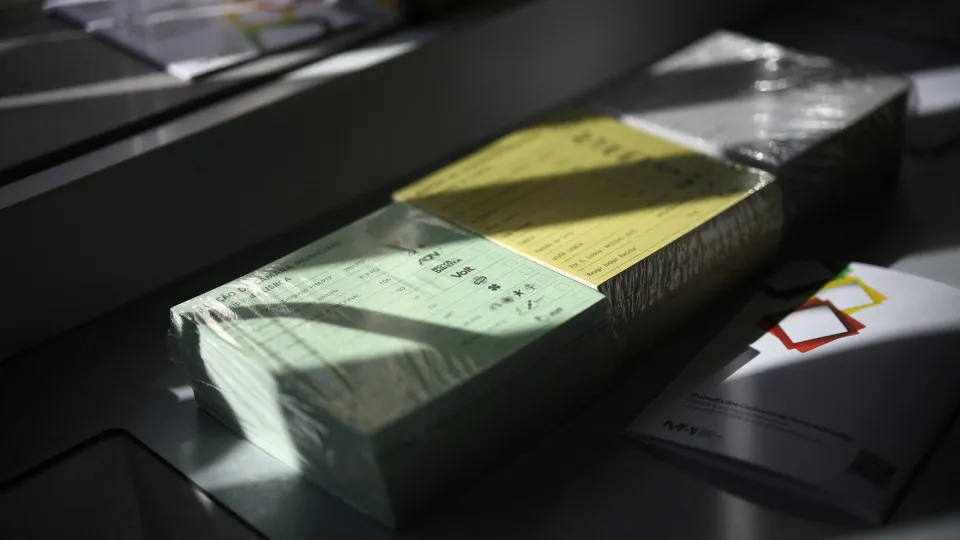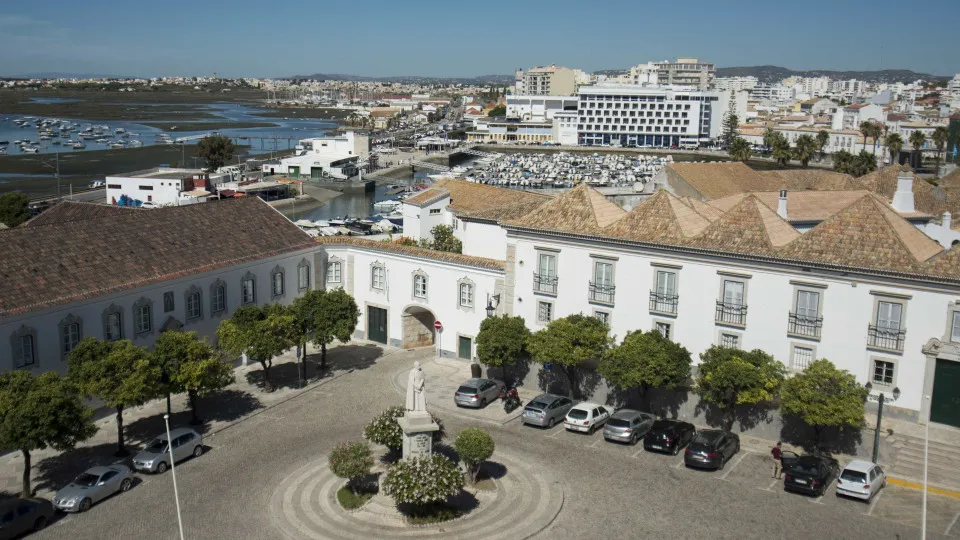
According to provisional data from the General Secretariat of the Ministry of Internal Administration, 48 women were elected to head the country’s 308 municipal councils (15.68%), marking an increase from the 9% recorded in the 2021 local elections.
Law professor Eva Macedo views this as “a positive result, especially because it reversed the downward trend seen in 2021,” when there was a one percentage point decrease (from 10% in the 2017 elections).
“However, this is not an encouraging result, and I am somewhat apprehensive that this increase might be hailed as a victory that negates the need to advocate for parity,” warns the administrative law professor from Universidade Portucalense.
“This need hasn’t disappeared, because (…) this number is still far from the minimum parity threshold set by law at 40%,” recalls the author of the doctoral thesis “Gender Equality in the Exercise of Political Rights — The Case of Portuguese Municipalities.”
Regionally, the Azores lead the list, with eight women elected as presidents (in nearly half of the 19 municipalities): four from the PS, two from the PSD, one from the CDS-PP (the only woman nationally), and one from citizen groups.
“An encouraging fact” that positions the archipelago as “a success story (…), which requires close monitoring,” states Eva Macedo, noting the first appearance of “natural parity.”
Following are Faro with five women, and Porto, Setúbal, and Vila Real, each with four.
Conversely, in the districts of Beja and Leiria, with a total of 30 municipalities, no woman was elected.
Examining this more closely, there are “very alarming” data, notes Eva Macedo, pointing out that in seven districts, representing 100 municipalities, women’s representation remains below 10%.
One of these districts is Lisbon, where only one woman was elected as mayor (Sobral de Monte Agraço).
By parties, PSD and PS, alone or in coalition, elected the same number of women to lead 40 municipalities (20 each), maintaining “a very similar behavior” to previous elections.
Civil groups elected four women to municipal leadership positions, CDU elected two, CDS-PP one, and JPP another.
Eva Macedo emphasizes that “whether all these women will take office is another matter,” reminding that “the parity law does not require substitution by an elected of the same sex in case of resignations.”
The professor and researcher thus maintains “all the criticisms” she has made of the parity law, advocating for a revision to include the election of the mayoral position.
“Until this happens, and these results only confirm it, this pseudo-parity result will continue to occur because the social and political forces have not effectively been able to naturally produce a parity result,” she observes.




